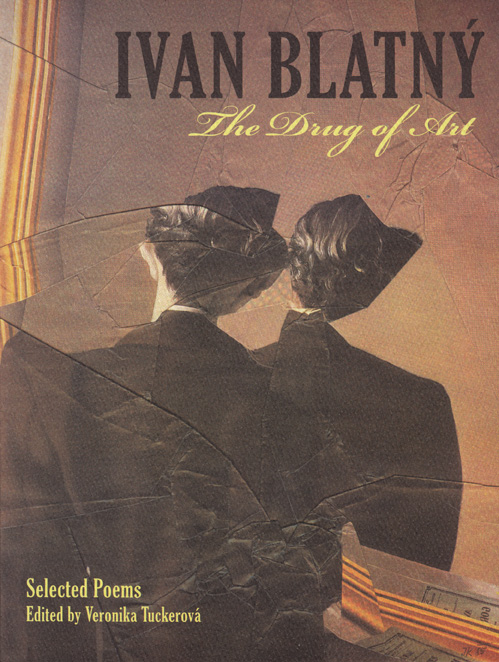Small Variation
Thursday 8 pm. On the table:
Matches, cigarettes, tobacco, knife, and lamp.
My tools.
You already know my music from five or six things,
You already know my music from five or six things,
My little song.
As it sizzles on the stove, as it bubbles in quietude
The song of the interlude,
Which happens only once in history.
Matches, cigarettes, tobacco, knife, and lamp.
And dust on all of them.
The inaudible galloping horse carries it on its hoof.
In the deathified flat, dust up to the roof.
In the deathified flat, dust up to the roof.
For the last time the unsettled loses itself in history.
Thursday 8 pm. On the table:
Newspapers, cigarettes, tobacco, knife, and lamp.
Newspapers: Papandreu, Pierlot.
Furniture: Divan, ornamented credenza.
My little song.
Big drops hit the poorly boarded-up window with a splat.
We’ll get wet inside the flat!
We’ll get wet inside the flat!
And even worse boards
Will be left for the coffin.
7 December 1944
